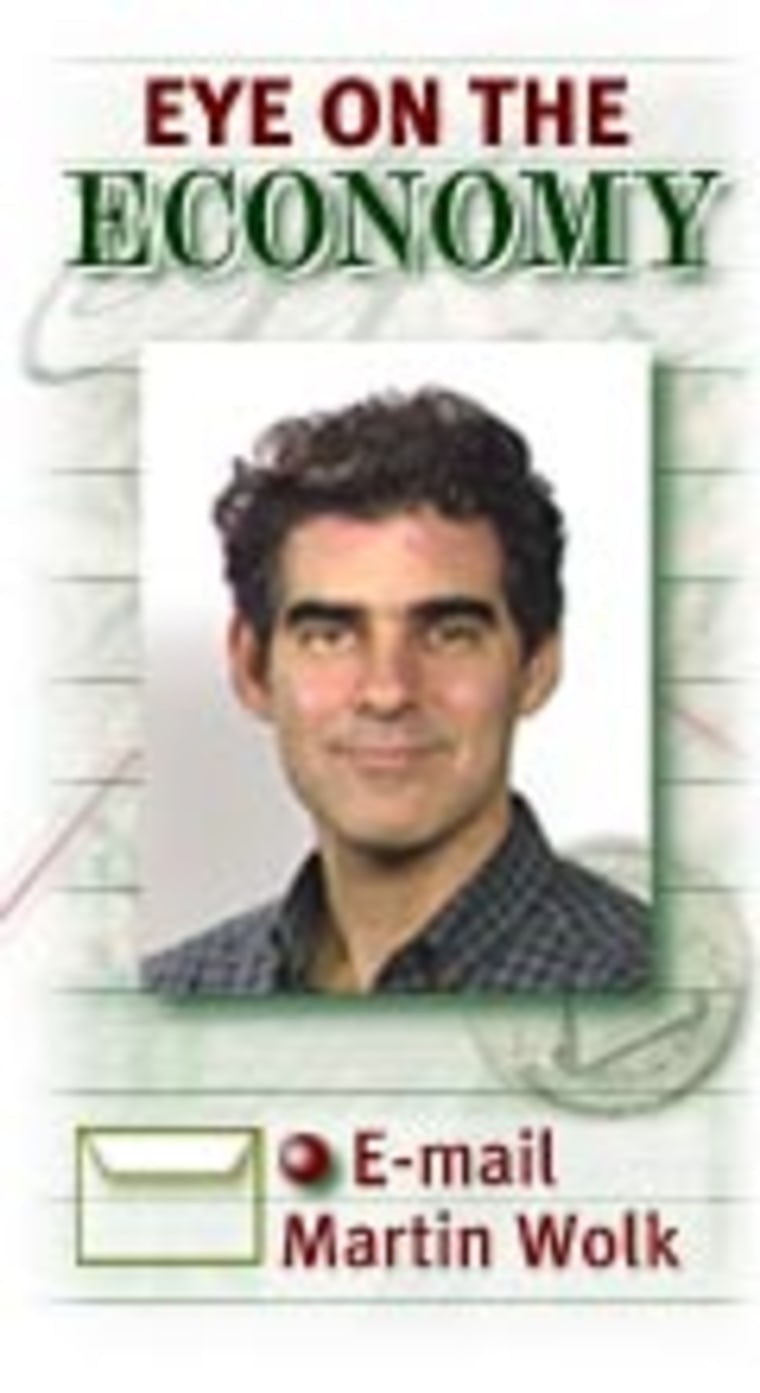President Bush’s economic stimulus plan unveiled last week includes a novel proposal to help jobless workers that could signal White House interest in making major changes to the nation’s unemployment insurance system.

BUSH’S PROPOSED Personal Reemployment Accounts would offer some unemployed workers up to $3,000 to cover training and other expenses associated with finding a new job. As an incentive to find work more quickly, workers would be able to keep any unused portion of their accounts as a cash bonus if they get a new job within three months of beginning the program.
Similar re-employment bonuses were tested in four states in the 1980s with mixed results. Although workers generally found jobs a bit more quickly with the incentive of a bonus, in most cases the cost of the bonus was greater than the government’s savings in reduced unemployment benefits, said Bruce Meyer, an economics professor at Northwestern University.
Bush’s $3.6 billion proposal would aim to improve the cost-benefit ratio by restricting eligibility to workers who are most likely to have a hard time finding a new job. But the accounts, with their provisions for retraining and job hunting expenses, are being promoted more as a way of boosting employment than cutting the cost of the nation’s $53 billion unemployment insurance program.
Still, Meyer suggested that by introducing the notion of personal accounts for unemployment insurance, the Bush administration could be testing the waters for more far-reaching changes to the system advocated by conservative economists.
“It’s very clever, I think, for those who want to move unemployment insurance toward an account system,” Meyer said. “It’s a clever way to try it out and see if it will fly politically, and the administrative details can be worked out later.”
Meyer and others referred to a paper published by Martin Feldstein, the influential Harvard economist often mentioned as a possible successor to Federal Reserve Chairman Alan Greenspan. In the 1998 paper, Feldstein concluded that the taxpayer cost of unemployment insurance could be cut by 60 percent if it were changed to a system of personal accounts, funded by workers and underwritten by the government.
According to Feldstein’s analysis, more than 90 percent of workers in such a system would end their careers with money leftover in their personal accounts, which could be transferred into a retirement account or passed on to heirs. The small minority of workers who received more in lifetime benefits than they paid into the accounts would not have to make any repayment.
A similar program recently has been instituted by Chile, said Bill Conerly, an economic consultant and senior fellow at the conservative National Center for Policy Analysis.
“The concern is that the unemployment insurance system tends to act as a disincentive to people getting new jobs,” Conerly said. “The question is, how do you provide a safety net while eliminating that disincentive for people to avoid finding a job?”
Other economists say the modest labor market distortion caused by unemployment insurance is far outweighed by the benefits to the public of having a safety net in economically troubled times.
Jeff Wenger, an economist with the liberal Economic Policy Institute, said the disincentive provided by unemployment benefits is relatively small, particularly at a time like now when the unemployment rate is high and the economy is failing to create jobs.
“In a down business cycle there just aren’t enough jobs for people,” said Wenger. “No amount of money can incentivize you to get a job.”
Wenger also cited research showing that each $1 paid in unemployment benefits creates more than $2 in economic benefits as it is spent and repent through the economy. A system of personal accounts as proposed by Feldstein would increase the savings rate but would be a far less efficient use of capital, he said.
Indeed, unemployment insurance is considered a particularly effective form of fiscal stimulus. Family spending drops by about 7 percent when the head of a household becomes unemployed but would drop 22 percent in the absence of unemployment insurance, according to Peter Orszag, a senior fellow at the Brookings Institution.
That cushioning effect was a big part of the reason unemployment insurance was created at the height of the Great Depression in the 1930s, when the unemployment rate among factory workers ran as high as 29 percent.
“Unemployment is like a contagion also because it spreads,” said a 1937 government pamphlet explaining the new program. “When a big factory shuts down, its whole neighborhood and city suffers. The livelihood of all who have been selling their goods and services to those wage earners is affected — storekeepers, landlords, doctors, barbers, owners of movie houses, and, in turn, the workers whom they employ and those who produce the goods they sell.”
So while Bush’s $674 billion program has been criticized for having a relatively small impact on near-term economic performance, the lump-sum re-employment bonus payments probably would be one of the more effective components in terms of stimulus. But the proposal is such a small part of the overall package it is hard to predict whether it will survive the legislative process, experts said.